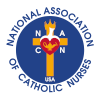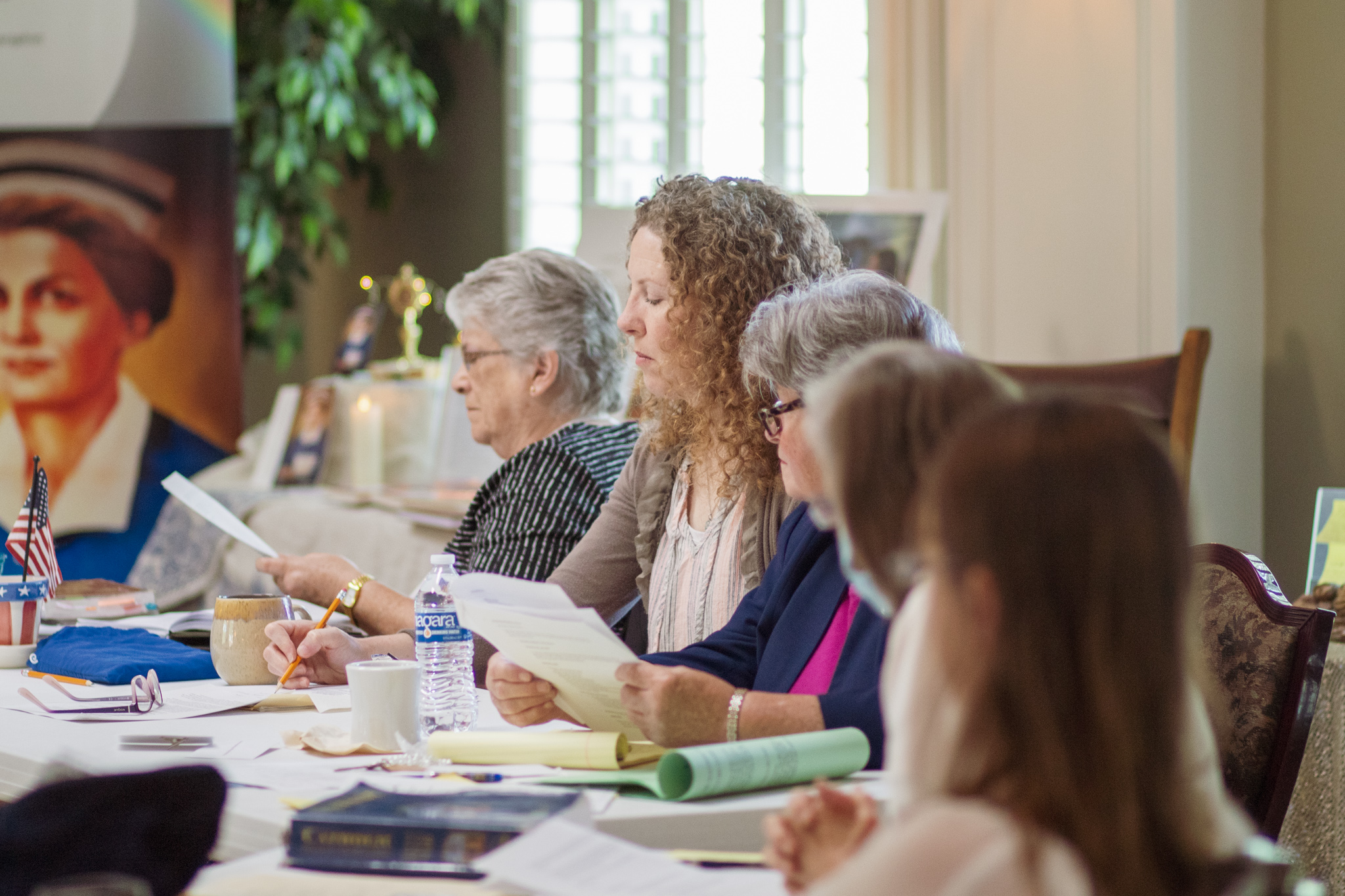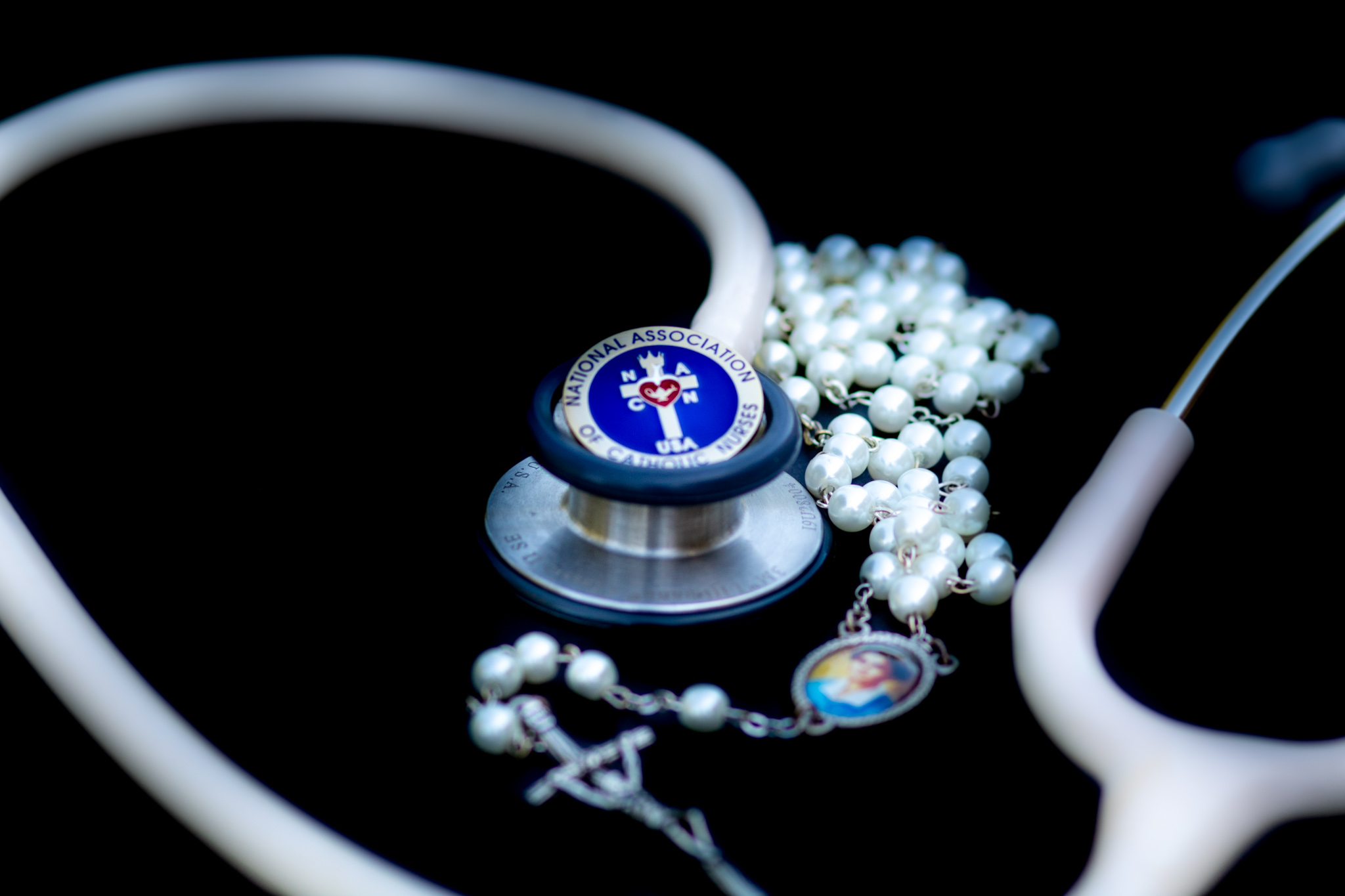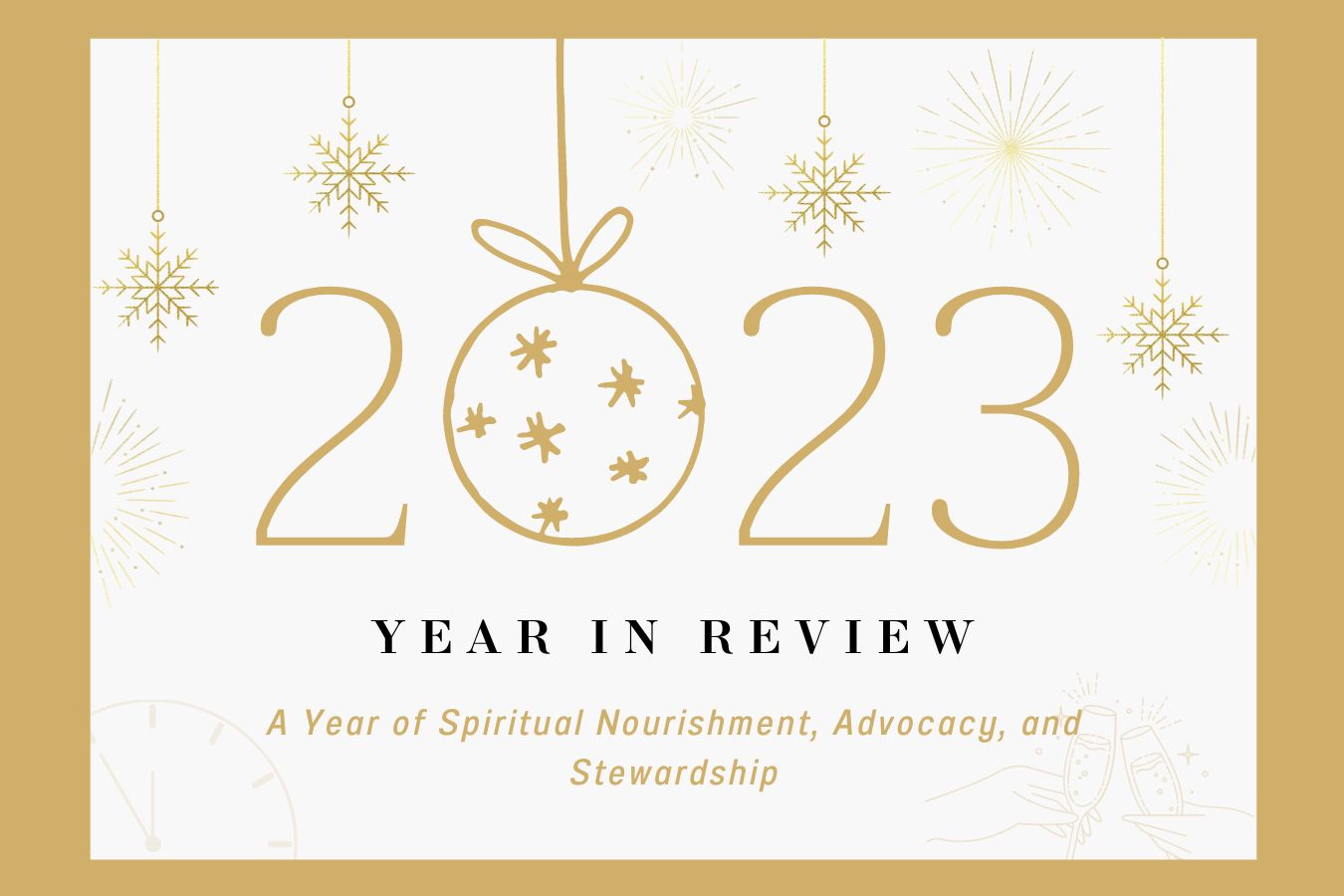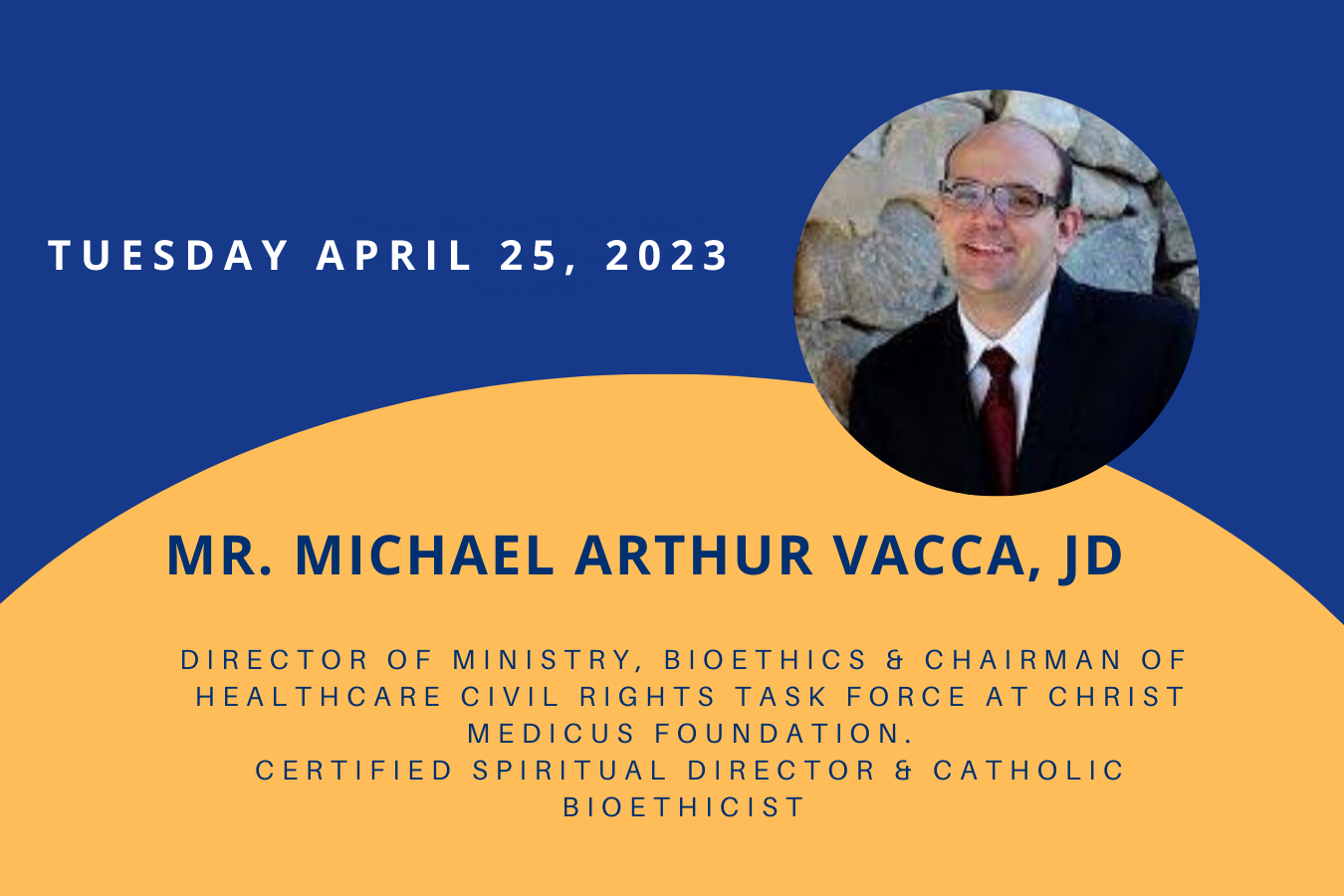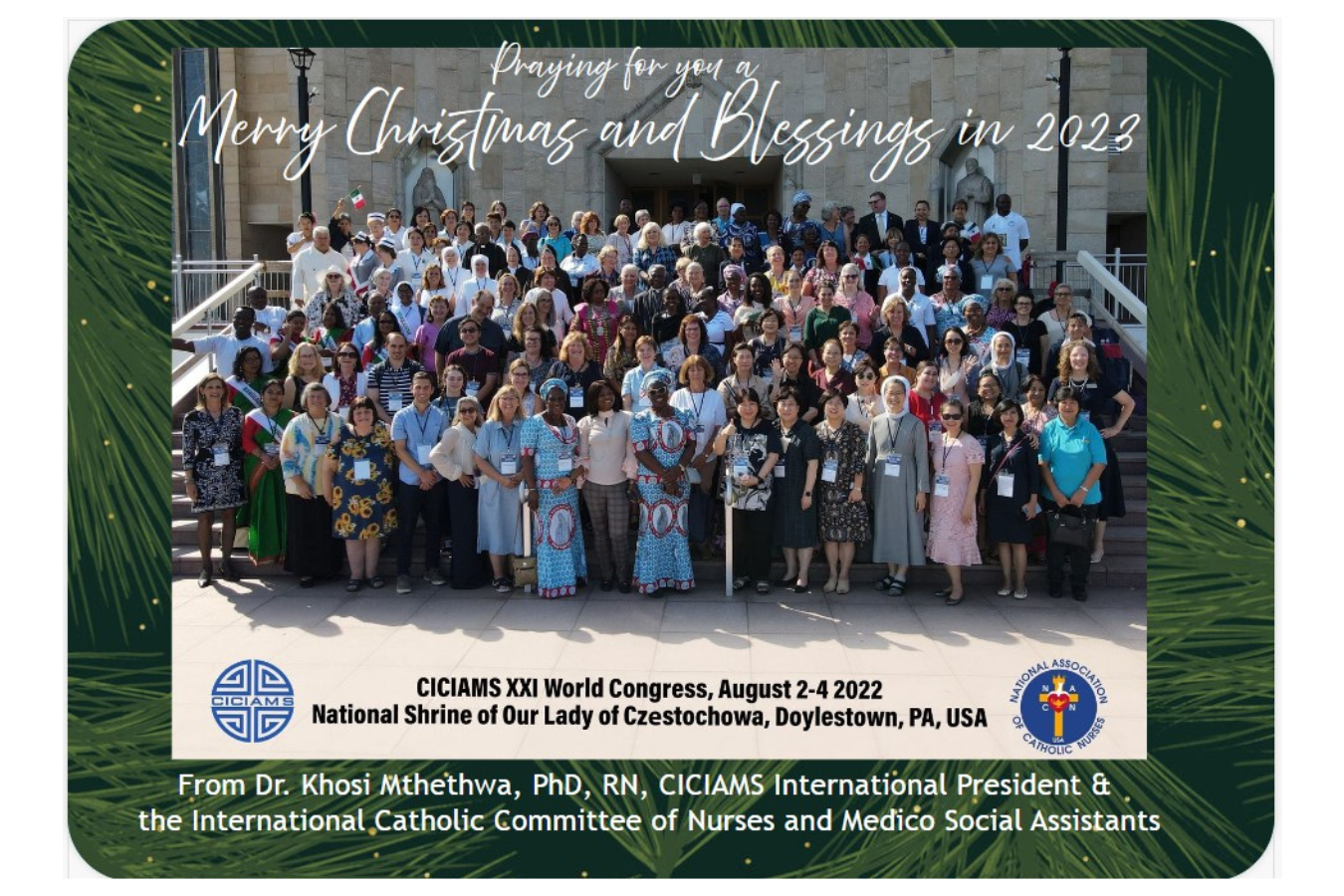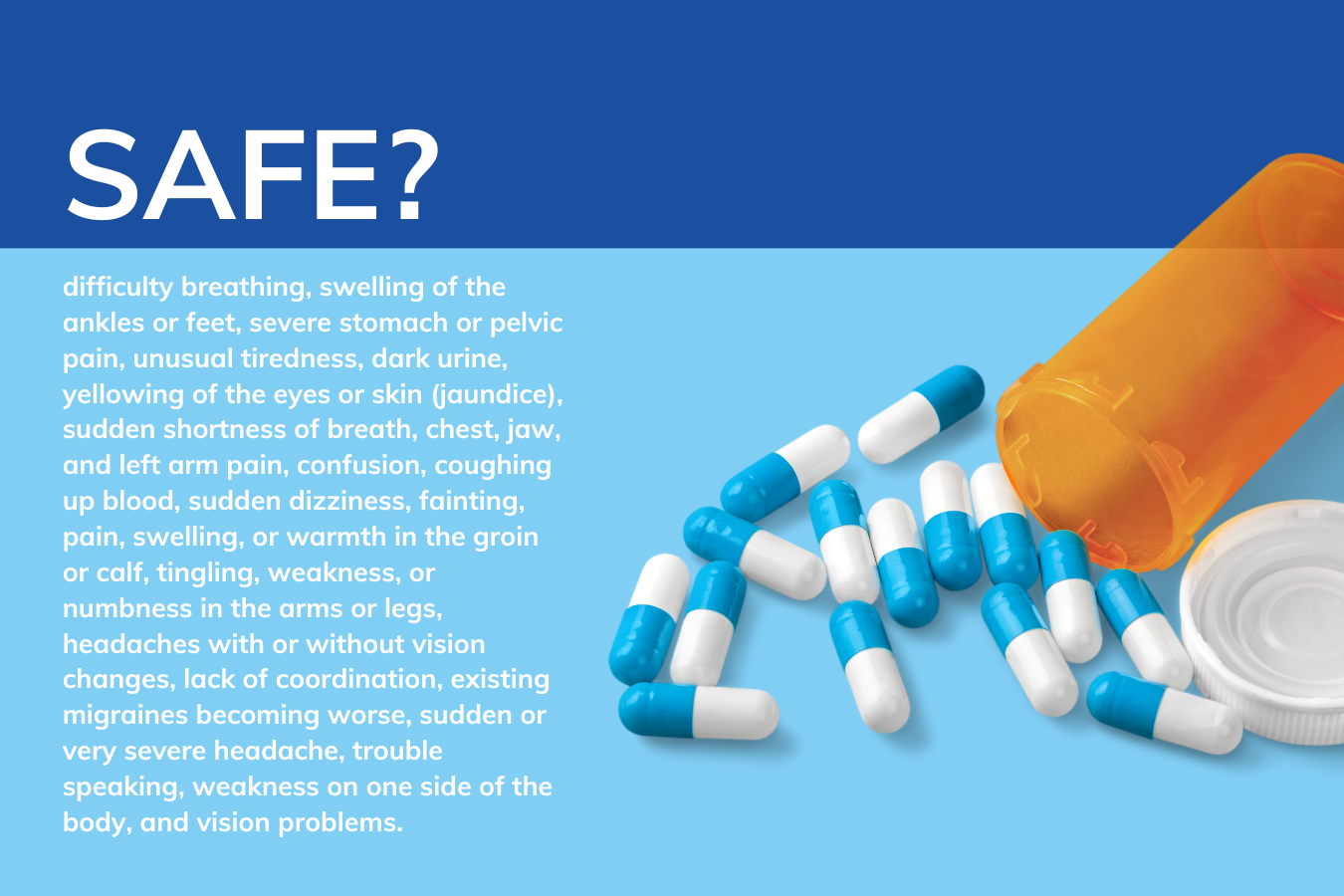Joint Statement on Vaccines and Conscience Protection
2 March 2021
It has been over a year since the first diagnosis of COVID-19 in the United States. Due to this pandemic’s effects, our society has experienced limitations in personal freedoms to a level we have never known. Social interactions and work environments have been changed by social distancing, masks, hospital and nursing home visitation restrictions and working from home. Freedom of movement about our communities and the nation has been limited by “stay-at-home orders” and mass travel restrictions. The availability of vaccines provides a sliver of hope but also raises many questions. Issues our society must address include prioritizing equitable vaccine distribution and the potential for coercive mandates on vaccine use.
Government agencies and other organizations are responsible for developing strategies for efficient and equitable distribution of vaccines.
The highest priority is the vaccination of those at greatest medical risk and those directly involved in the care of the sick. Once this has been accomplished, distribution can be directed toward those at lesser risk of serious disease. Attention should also be given to making vaccines available to smaller independent hospitals and clinics serving in underserved and rural areas where the vaccines to date have been less available.
Governing authorities must respect an individual’s right to accept or decline a vaccine.
There is no justifiable moral obligation to accept vaccination. If a vaccine has been developed, tested, or produced with technology that an individual deems morally unacceptable, such as the use of abortion-derived fetal cell lines, vaccine refusal is morally acceptable. An individual’s decision to be vaccinated will also depend upon their personal assessment of the medical risks, a choice that should be respected. The decision not to be vaccinated must be accompanied by a commitment to take necessary precautions to lessen disease transmission.
Finally, the protection of First Amendment rights is imperative.
It is fundamental that the right of individual conscience be preserved. Coerced vaccination would irreparably harm Constitutional rights and the patient-physician relationship. Conscience is an individual belief influenced by many factors such as faith, culture, family, and reason. Each individual makes a conscientious decision in any given situation. Respect for conscience rights is always of primary importance.
The Covid-19 pandemic has challenged our nation for over a year. It has brought to light new challenges regarding disease management as well as threats to individual liberties. While the logistical challenges alone are significant, we must not ignore the ethical concerns regarding vaccine manufacturing, distribution and administration. While the pandemic remains a significant public health crisis, the individual rights of American citizens also remains of paramount importance. The guarantee of “life, liberty, and the pursuit of happiness” includes the right to make individual health care decisions while taking into account our responsibility for the common good.
The organizations supporting this statement can be contacted through their websites:
National Association of Catholic Nurses, U.S.A. – NACN-USA.org
American College of Pediatricians – acpeds.org
Catholic Medical Associations – cathmed.org
Christian Medical and Dental Association – cmda.org
Print the Joint Statement on Vaccines and Conscience Protection PDF
